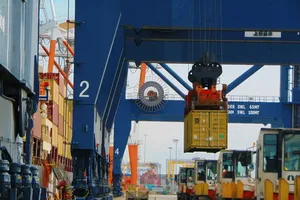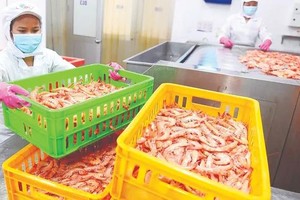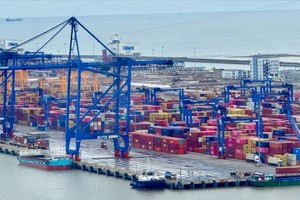
Accordingly, spirits with alcohol content of 20 degrees and above are subject to an 80-percent excise tax in 2026, and gradually increasing to 100 percent in 2030.
Those below 20 degrees are imposed an excise tax rate of 50 percent, then reaching 70 percent. The tax rate on all beers would also gradually increase from 80 percent to 100 percent.
The Ministry of Finance commented that excessive use of wine and beer can harm the health of consumers and negatively affect social security and traffic safety.
At present, the excise tax rate of beer is 65 percent and of wine 35-65 percent depending on the alcohol level. These rates are suggested to rise gradually from 2026-2030 in order to increase retail prices by 10 percent as recommended by the World Health Organization.
In addition to wine and beer, the Ministry of Finance also proposes increasing the tax rate and expanding the range of goods subject to this excise tax in line with international practices and reality.
In particular, the draft law stipulates that cigarettes, shredded tobacco, cigars, snuff, and other forms of tobacco are subject to this tax. For the time being, the tobacco rate remains at 75 percent, but then additional absolute tax rates will be introduced for different types of tobacco products.
During the 2026-2030 period, the absolute tax rate for cigarettes will rise slowly by VND5,000-10,000 (US$0.2-0.4) per pack; cigar by VND50,000-100,000 ($2-4) per item; shredded tobacco and other forms of tobacco by VND50,000-100,000 per 100gr/ml.
This regulation is expected to reduce the smoking rate among men from 42.7 percent in 2022 to 38.6 percent in 2030. Predictions show that the state budget revenue from tobacco will grow to VND39.2 trillion ($1.54 billion) in 2030, which is 2.2 times higher than the one in 2022.
Before this, many businesses had proposed that the Government not to increase excise tax due to concerns about significant economic damage to the industry and a decline in tax revenue. Last year, the returns of the beer industry dropped by 11 percent while its profit also saw a decline of 23 percent.
Therefore, the tax rise that leads to adjustments in retail prices is said to be an ineffective tool to change the bad habits among consumers. Instead, the Government should adopt incentive policies to help enterprises upgrade their technologies to create more suitable products for consumers and bring about more profits to the economy.
























